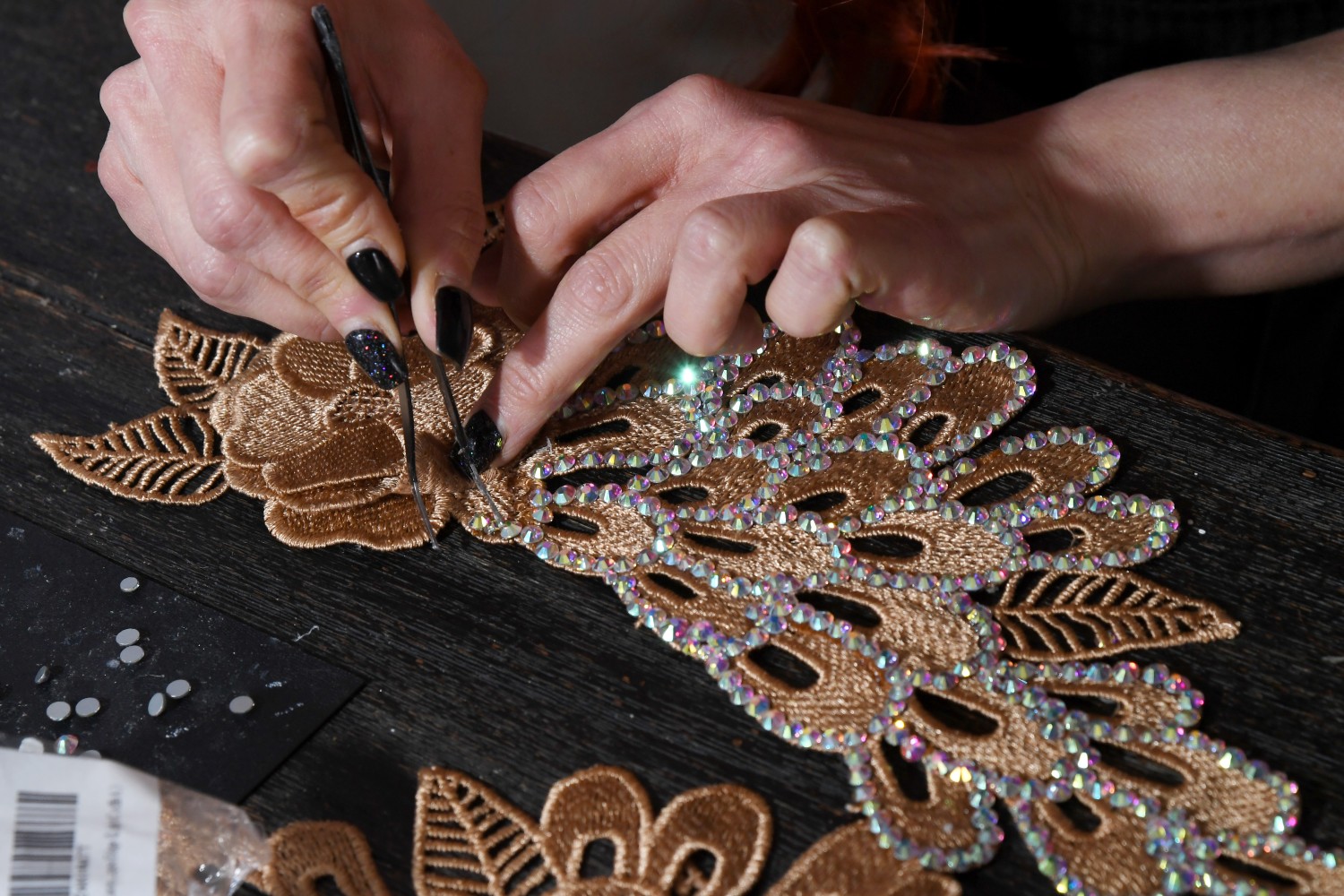If you’re of a certain age, you might have noticed that the 21st century has seen something of an uptick in the prominence of burlesque. (This includes the 2010 film of the same name, which seems to be a cult classic in waiting these days.) What may have once seemed either risqué or archaic has become a more settled part of the entertainment landscape — with big names and power rankings like any other artistic community. Burlesque even made its way to Taylor Swift’s Eras Tour.
Is there anything we can learn from the long history of burlesque to tell us about where it might head next? That’s one of the questions Betsy Golden Kellem explored in an article for JSTOR Daily. Kellum writes that this art form has “a lot to say about sex, gender, queerness, performance, desire, and sex work” — and makes the case that burlesque has managed to do that since its origins in the first half of the 19th century.
Kellum points to a number of academic studies of burlesque to help define both what it is and what it’s not. Kellum addresses the borderline-satirical elements of burlesque here, noting that it “uses norms of beauty and sexuality as playgrounds.” It stands to reason, then, that as the nature of what is considered beautiful changes, so too will burlesque — which also helps to explain its continued appeal.
At an Exclusive Burlesque Salon, Glamour Still Exists in New York
Tansy’s Polite Society is an adventure in artistry and intimacyIn a 2021 interview, Dita Von Teese made an impassioned case for contemporary burlesque. “What is it about burlesque that is so relevant in this era? Why I’m so glad that I’m a burlesque star in this era and not the 1940s, when it was all underneath the male gaze and it was just simply a girly show,” she told The Creative Independent. “I just really want people to understand it more.” It certainly feels like a form of creative expression that’s here to stay.
This article was featured in the InsideHook newsletter. Sign up now.
